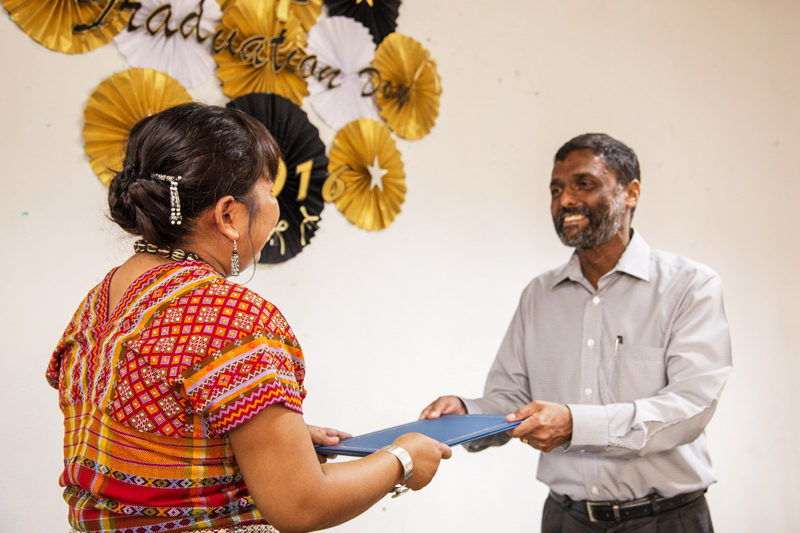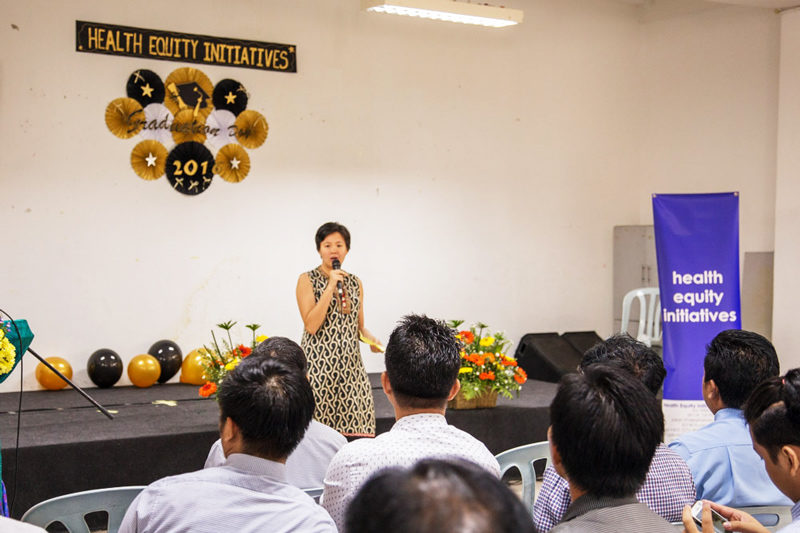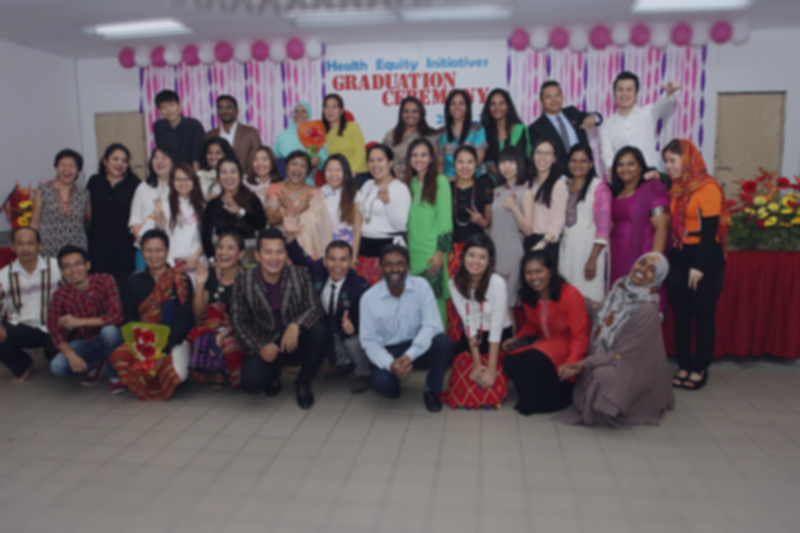Since Health Equity Iniatives’ (HEI) inception, the organization has conducted training for Community Health Workers (CHWs).
HEI partners with refugee community organizations who nominate community members to become volunteer CHWs.
The volunteer CHWs undergo a training program which builds their knowledge, skills and attitudes required to participate in multi-disciplinary teams in order to provide clinical and community based mental health and psycho-social interventions.
Once the volunteer CHWs have completed their training, they are able to:
- provide training based on the right to health framework
- conduct psycho-education and mental health screening
- make referrals for mental health interventions for community members at risk of mental illness
- collaborate with HEI’s team of mental health professionals to jointly diagnose and treat community members.
They also provide psychosocial and translation support services for community members who require mental health assessments, treatment and rehabilitation services.
These activities are used strategically for early detection and intervention in order to prevent mental health morbidity as well as improve access to appropriate health care services.
The training modules are constantly refined and have been updated since 2007 based on the emerging needs of the community, ongoing learning of the organization, feedback from the volunteer CHWs, mental health screening results, and referrals from UNHCR and partner NGOs.
Since 2016, HEI has obtained support from international organizations such as International Organization for Migration (IOM) and UNHCR to provide protected time to their translators who have been selected to attend the training.
Currently, the training topics include:
- What is Mental Health
- Mental Health of Refugees
- Self-Discovery
- Stress and Stress Management
- Resilience
- Anxiety
- Depression
- Psychosis
- Alcohol Use and Dependence
- Psychiatric Medication
- Translating for Mental Health
- Listening and Attending Skills
- Human Rights and Right to Health
- Community Based Prevention


